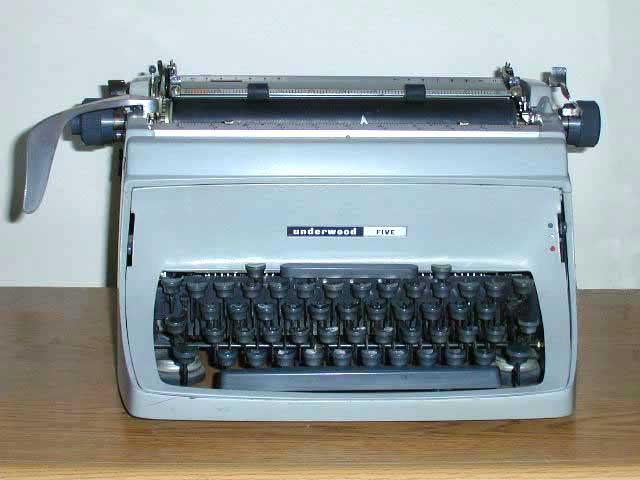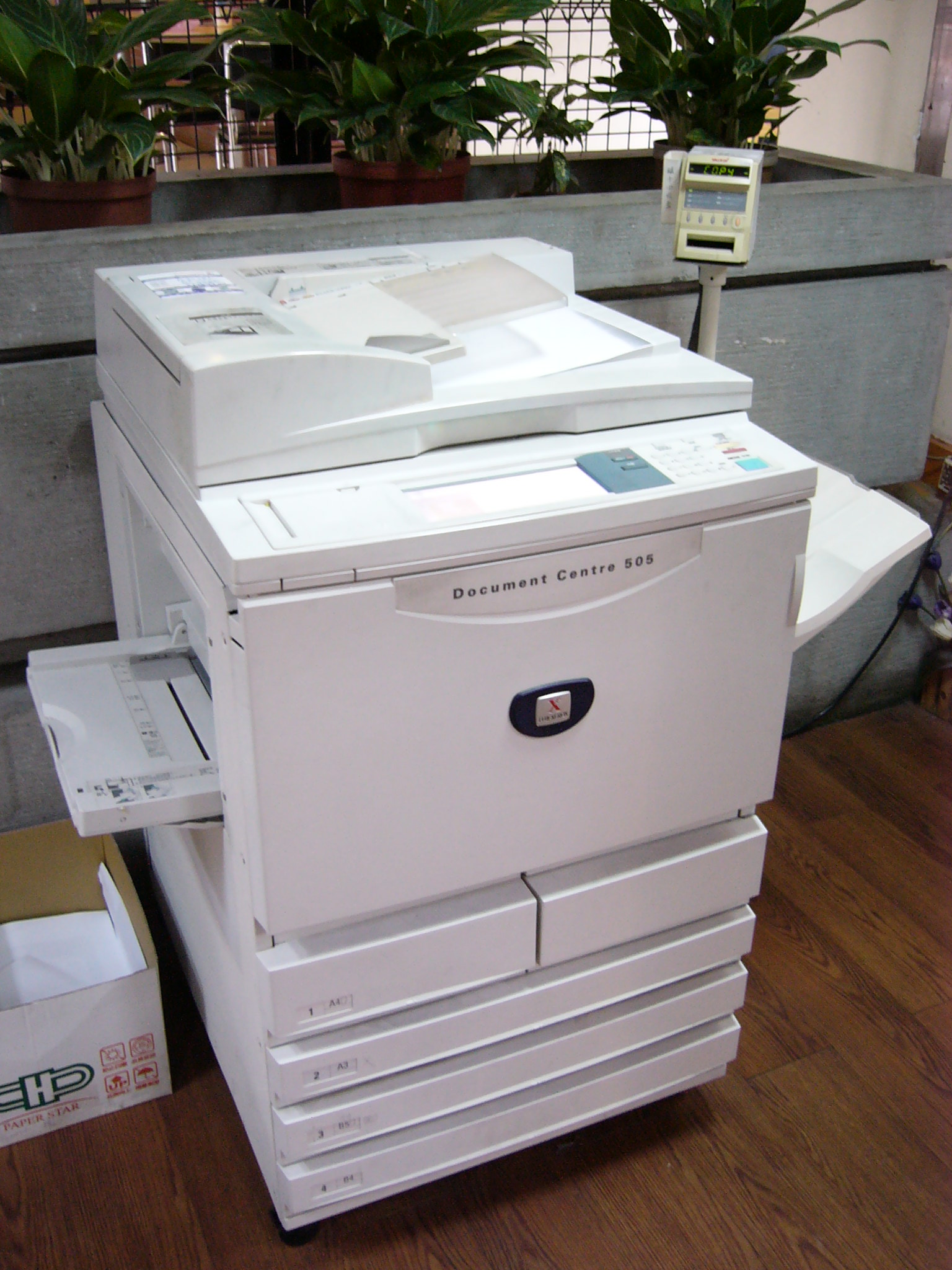|
Secretarial Pool
A secretarial pool or typing pool is a group of secretaries working at a company available to assist any executive without a permanently assigned secretary. These groups have been reduced or eliminated where executives have been assigned responsibility for writing their own letters and other secretarial work. After the widespread adoption of the typewriter but before the photocopier and personal computer, pools of typists were needed by large companies to produce documents from handwritten manuscripts, re-type documents that had been edited, type documents from audio recordings, or to type copies of documents. See also *Hot desking *Temporary work *Copy typist *Audio typist An audio typist is someone who specialises in typing text from an audio source which they listen to. The source, or original document is usually recorded onto microcassettes created by someone dictating into a Dictaphone. The audio typist wil ... References"A Sea Change in the Secretarial Pool: Clerical R ... [...More Info...] [...Related Items...] OR: [Wikipedia] [Google] [Baidu] |
Secretary
A secretary, administrative professional, administrative assistant, executive assistant, administrative officer, administrative support specialist, clerk, military assistant, management assistant, office secretary, or personal assistant is a white-collar worker person whose work consists of supporting management, including executives, using a variety of project management, communication, or organizational skills within the area of administration. There is a diverse array of work experiences attainable within the administrative support field, ranging between internship, entry-level, associate, junior, mid-senior, and senior level pay bands with positions in nearly every industry. However, this role should not be confused with the role of an executive secretary, cabinet secretary such as cabinet members who hold the title of "secretary," or company secretary, all which differ from an administrative assistant. The functions of a personal assistant may be entirely carried out ... [...More Info...] [...Related Items...] OR: [Wikipedia] [Google] [Baidu] |
Typewriter
A typewriter is a mechanical or electromechanical machine for typing characters. Typically, a typewriter has an array of keys, and each one causes a different single character to be produced on paper by striking an inked ribbon selectively against the paper with a type element. At the end of the nineteenth century, the term 'typewriter' was also applied to a ''person'' who used such a device. The first commercial typewriters were introduced in 1874, but did not become common in offices until after the mid-1880s. The typewriter quickly became an indispensable tool for practically all writing other than personal handwritten correspondence. It was widely used by professional writers, in offices, business correspondence in private homes, and by students preparing written assignments. Typewriters were a standard fixture in most offices up to the 1980s. Thereafter, they began to be largely supplanted by personal computers running word processing software. Nevertheless, type ... [...More Info...] [...Related Items...] OR: [Wikipedia] [Google] [Baidu] |
Photocopier
A photocopier (also called copier or copy machine, and formerly Xerox machine, the generic trademark) is a machine that makes copies of documents and other visual images onto paper or plastic film quickly and cheaply. Most modern photocopiers use a technology called ''xerography'', a dry process that uses electrostatic charges on a light-sensitive photoreceptor to first attract and then transfer toner particles (a powder) onto paper in the form of an image. The toner is then fused onto the paper using heat, pressure, or a combination of both. Copiers can also use other technologies, such as inkjet, but xerography is standard for office copying. Commercial xerographic office photocopying was introduced by Xerox in 1959, and it gradually replaced copies made by Verifax, Photostat, carbon paper, mimeograph machines, and other duplicating machines. Photocopying is widely used in the business, education, and government sectors. While there have been predictions that photocopiers ... [...More Info...] [...Related Items...] OR: [Wikipedia] [Google] [Baidu] |
Personal Computer
A personal computer (PC) is a multi-purpose microcomputer whose size, capabilities, and price make it feasible for individual use. Personal computers are intended to be operated directly by an end user, rather than by a computer expert or technician. Unlike large, costly minicomputers and mainframes, time-sharing by many people at the same time is not used with personal computers. Primarily in the late 1970s and 1980s, the term home computer was also used. Institutional or corporate computer owners in the 1960s had to write their own programs to do any useful work with the machines. While personal computer users may develop their own applications, usually these systems run commercial software, free-of-charge software (" freeware"), which is most often proprietary, or free and open-source software, which is provided in "ready-to-run", or binary, form. Software for personal computers is typically developed and distributed independently from the hardware or operating system ma ... [...More Info...] [...Related Items...] OR: [Wikipedia] [Google] [Baidu] |
Hot Desking
Hot desking (sometimes called "non-reservation-based hoteling") is an office organization system that involves multiple workers using a single physical work station or surface during different time periods. The "desk" in the name refers to a table or other work space being shared by multiple workers on different shifts as opposed to every staff member having their own personal desk. A primary motivation for hot-desking is cost reduction through space savings—up to 30% in some cases. Hot desking is especially valuable in cities where real estate prices are high. Usage Hot desking is often found in workplaces with flexible schedules for employees, where not all employees are actually working in an office at the same time. Employees in such workplaces use existing offices only occasionally or for short periods, which leaves offices vacant part of the time. By sharing offices, employees make more efficient use of space and resources. However, hot desking comes with disadvantages, i ... [...More Info...] [...Related Items...] OR: [Wikipedia] [Google] [Baidu] |
Temporary Work
Temporary work or temporary employment (also called gigs) refers to an employment situation where the working arrangement is limited to a certain period of time based on the needs of the employing organization. Temporary employees are sometimes called "contractual", "seasonal", "interim", "casual staff", "outsourcing", " freelance"; or the words may be shortened to "temps". In some instances, temporary, highly skilled professionals (particularly in the white-collar worker fields, such as human resources, research and development, engineering, and accounting) refer to themselves as consultants. Increasingly, executive-level positions (e.g. CEO, CIO, CFO, CMO, CSO) are also filled with Interim Executives or Fractional Executives. Temporary work is different from secondment, which is the assignment of a member of one organisation to another organisation for a temporary period, and where the employee typically retains their salary and other employment rights from their prima ... [...More Info...] [...Related Items...] OR: [Wikipedia] [Google] [Baidu] |
Copy Typist
A copy typist is someone who specializes in typing text from a source which they read. Originally appeared as a skill in handling of typewriter, later it transitioned to using computer keyboard with results tracking on computer display and obtaining using printer. Before introduction of computers, an additional skill of proofreading and document editing were critical. Professional overview Copy typists learn to touch type at a high speed, which means they can look at the copy they are typing and do not need to look at the keyboard they are typing on. The source, or original document is called the copy. They have the document to be typed in front of them and the copy is often held in a copyholder. The adjustable arm on the copyholder aids legibility and maximizes the typing speed. There could also be an adjustable ruler and marker to help the typist keep their position when they are interrupted, clips to hold the pages in place, and a light. The copy can be hand written not ... [...More Info...] [...Related Items...] OR: [Wikipedia] [Google] [Baidu] |
Audio Typist
An audio typist is someone who specialises in typing text from an audio source which they listen to. The source, or original document is usually recorded onto microcassettes created by someone dictating into a Dictaphone. The audio typist will have learnt to touch type at a high speed which means they can look at the monitor or keep an eye on a waiting area as they are typing because they do not need to look at the keyboard. A specialist player called a micro cassette transcriber (below) is used for playback of the cassettes to maximise the typing speed. An audio typist or a secretary with this skill will quote their speed in words per minute (abbreviated to wpm) on their CV and may be asked to demonstrate their speed and accuracy of this skill as part of the interview or application process. Micro Cassette Transcriber Typical features include; headphones, foot pedals, adjustable speed control, tape counter, backspace feature, pause, search. The headphones allow sev ... [...More Info...] [...Related Items...] OR: [Wikipedia] [Google] [Baidu] |
Office And Administrative Support Occupations
An office is a space where an organization's employees perform administrative work in order to support and realize objects and goals of the organization. The word "office" may also denote a position within an organization with specific duties attached to it (see officer, office-holder, official); the latter is in fact an earlier usage, office as place originally referring to the location of one's duty. When used as an adjective, the term "office" may refer to business-related tasks. In law, a company or organization has offices in any place where it has an official presence, even if that presence consists of (for example) a storage silo rather than an establishment with desk-and-chair. An office is also an architectural and design phenomenon: ranging from a small office such as a bench in the corner of a small business of extremely small size (see small office/home office), through entire floors of buildings, up to and including massive buildings dedicated entirely ... [...More Info...] [...Related Items...] OR: [Wikipedia] [Google] [Baidu] |





